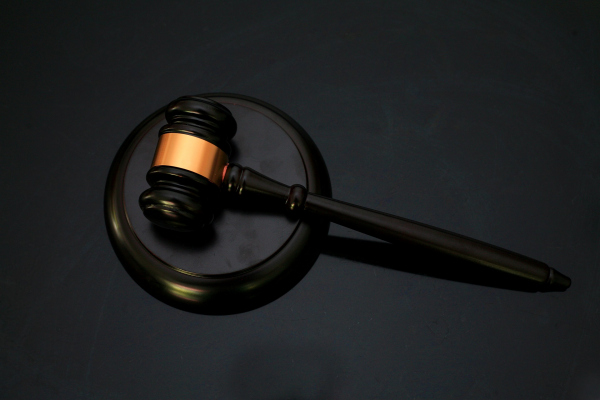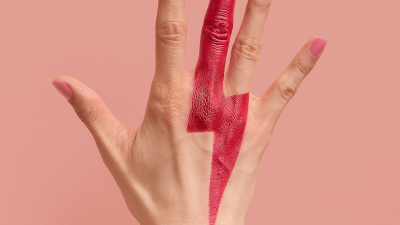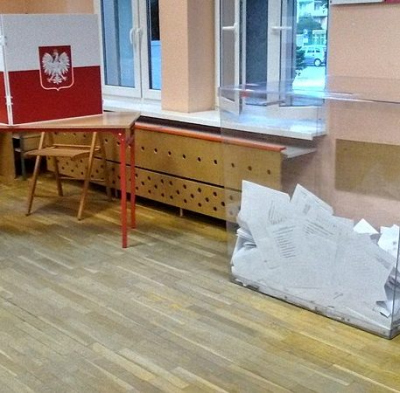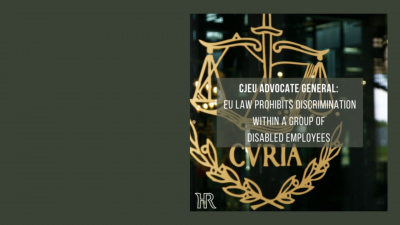
The incident took place on 10 December 2010. On that day the claimant, Adam G. and three other people went to the Cuba Libre restaurant. The security personnel asked him to leave the place. According to the account given by Adam G., a security guard invoked guidelines of the club’s owner which denied access to the restaurant for individuals of Roma origin.
In the last week’s decision, the Court noted that restrictions in access to a public venue could only be justified by safety considerations. According to the Court, restricting access exclusively on grounds of ethnic origin contravenes the constitutional principle of equality and constitutes a violation of personal interests, in this case, dignity of a person. This form of discrimination violates the sense of identity and subjectivity of an individual and manifestly breaches the rules governing the functioning of a modern society.
In its decision of November 2011, the first-instance court dismissed the claim arguing that although personal interests of the claimant had been infringed upon by the security guards, under the Civil Code the club’s owner could not be held liable for the actions of her employees.
However, the Court of Appeal reversed the lower court’s decision and ordered the owner to publish a written apology in the dailies Gazeta Wyborcza and Głos Wielkopolski and to place it on the club’s website. Further, it awarded PL 10,000 to be paid by the owner to the Wielkopolskie Cultural and Educational Association of the Polish Roma in Swarzędz.
‘This is a landmark decision’, says Dr. Dorota Pudzianowska, an HFHR expert. ‘The court found that limiting access to service on grounds of ethnic origin and a negative stereotype it brings amounts to illegal, discriminatory conduct. The Court’s of Appeal judgment entirely rejects the reasoning of the first-instance court as the former ruled in favour of almost all claims raised in the appeal. Further, according to this verdict owners of clubs and restaurants are liable for the actions taken by their security personnel and cannot rely on their ignorance of the applied methods of door selection to avoid liability’, adds Ms Pudzianowska.
The case has been handled by the HFHR Article 32 Programme. Adam G. was represented by Mr Paweł Nowakowski, acting pro bono as a courtesy to the Foundation. The Helsinki Foundation for Human Rights joined in the proceedings pending in this case.


